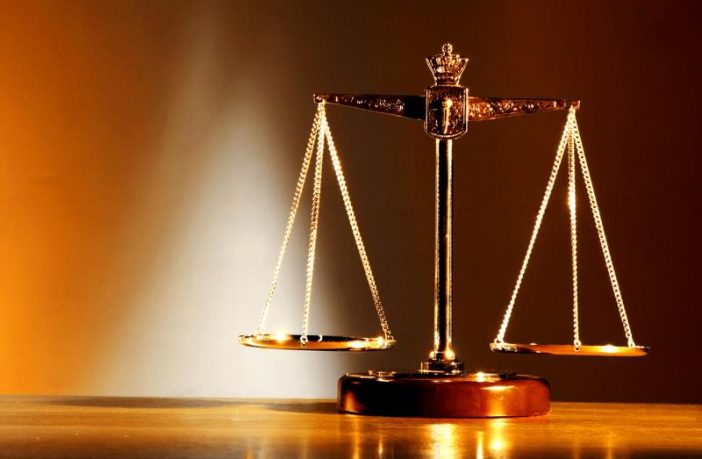- Eskom welcomes the landmark judgment where a former Eskom employee, Mr Sifiso Jacob Masina, was ordered to repay all the money he stole from Eskom when he was employed as an Accountant at middle management level at Kriel Power Station.
- In another conviction, former Eskom administration clerk Nwabisa Ngxola was sentenced to an effective 10 years in jail yesterday for defrauding the power utility of R2.6 million.
An Eskom investigation found that Masina created invoices and submitted them for payment as if work had been done, when, in fact, there was no work done. As a result, Eskom incurred a financial of loss of R513 630. The money was channelled through the suppliers and was withdrawn as cash from the accounts of Lutshala CC and Mandlenkosi CC, of which he had direct control.
He resigned from Eskom with immediate effect on 27 November 2012 pending a disciplinary process after a forensic investigation into financial misconduct had been concluded. He was then found guilty on all charges of financial misconduct during a disciplinary hearing that was conducted in his absence on 07 December 2012.
A case of fraud, to which Masina pleaded guilty on 20 July 2022, was registered with the South African Police Service in December 2012. He was subsequently found guilty by the Kriel Regional Court on 26 April 2023 and was sentenced to eight years in prison, wholly suspended for five years, on certain conditions, including that he repaid Eskom. The judge ordered that Masina make an immediate payment of R30 000 and 48 instalments of R10 000 a month until 1 April 2027 to settle the remaining balance.
In another fraud case, former Eskom administration clerk Nwabisa Ngxola and her co-accused, former Eskom clerk Cinderella Moropane, colluded with businessman Michael Chimanzi, the director of Chimanzi Investments, who submitted fraudulent invoices to Eskom for work that was never done, according to the country’s Directorate for Priority Crime Investigation known as the ‘Hawks’. The Mbombela Specialized Commercial Crime Court sentenced Ngxola to 10 years for sixteen counts of fraud, seven years for 39 counts of money laundering, and seven years for 48 counts of money laundering. The sentences will run concurrently, meaning she will be jailed for 10 years.
The organisation continues to improve its internal controls to prevent incidents such as this from reoccurring. Among these, is the implementation the Fraud Risk Prevention Plan to maximise fraud prevention and enhance good corporate governance practices. The implementation of the plan is monitored by the Anti-Fraud and Corruption Integration Committee (AFCIC) which also ensures integration between forensic, legal, ethics, industrial relations and supplier review functions. Progress is reported to the Eskom executive committee and the Audit and Risk Committee (ARC) on a regular basis.
In addition, the AFCIC is assessing Eskom’s alignment to the goals and purpose of the Organisation for Economic Cooperation and Development’s (OECD) recommendations on anti-corruption, which will be used to identify further areas for improvement in the Fraud Risk Prevention Plan.
Author: Bryan Groenendaal
Source: Eskom















